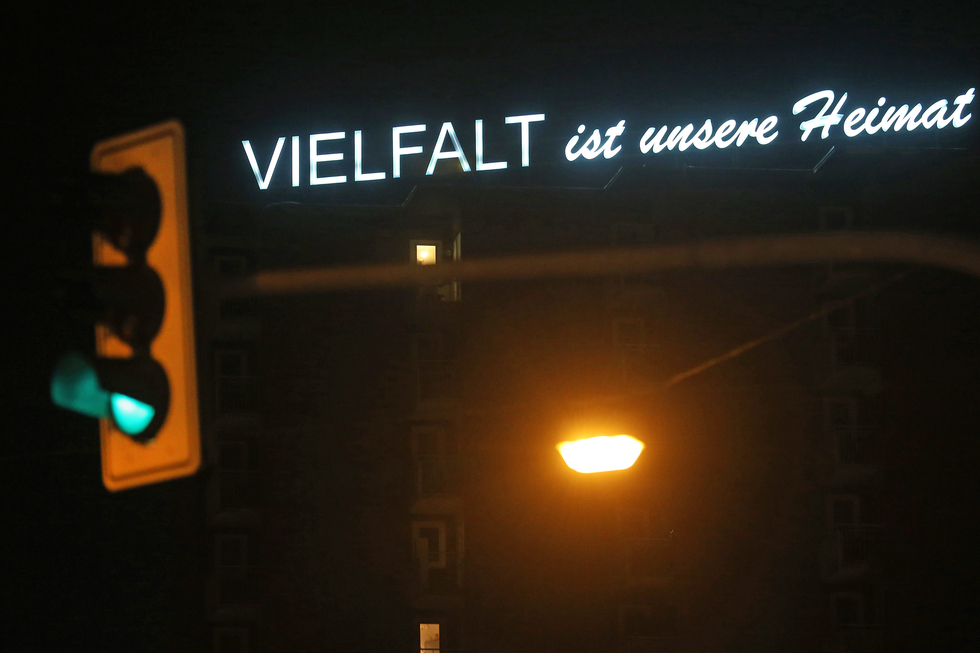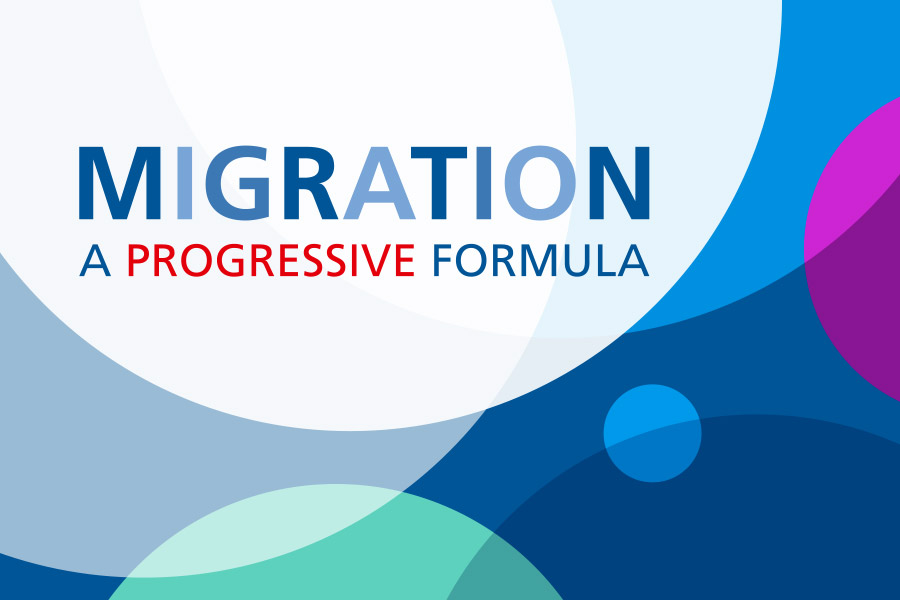Sustainable Integration is Pivotal

The interview with Angeliki Dimitriadi was conducted by Jolina-Zoe Zarda in the context of the International Conference 'Migration - a progressive formula' organised by the Friedrich-Ebert-Stiftung in September 2024. Together with international representatives from politics, civil society, the media and academia, we discussed the poignant issues and challenges of Human Mobility and formulated progressive responses. Read all articles here!
Greece in the Focus of the Migration Pact
The EU Migration Pact is seen by some as a step forward, while others criticise it as insufficient. Especially Greece, as one of the main entry points for refugees in Europe, is at the heart of these discussions. According to Angeliki Dimitriadi, head of the migration programme at the Hellenic Foundation for European and Foreign Policy (ELIAMEP), Greece serves as a pilot project for the implementation of the pact. But what does this really mean for the country?
Dimitriadi points out that while Greece has already implemented many aspects of the pact, the underlying issues remain problematic. “The Pact upholds the Dublin rules which means front line states maintain a disproportionate burden of responsibility in regards to screening, registration and asylum processing,” she explains. This disparity could exacerbate existing flaws in Greece’s asylum system rather than resolve them.
Protection for Refugees: Progress and Gaps
Although Greece plays a crucial role in receiving refugees, the actual protection for those arriving often remains insufficient. Dimitriadi highlights that while Greece has made progress in terms of international protection, there is still a lack of measures for sustainable and holistic integration.
One major reason for this were the austerity measures, which have further weakened the economy over the course of a decade. “It is difficult to create a functioning integration system without the labour market, since employment is key,” Dimitriadi explains. Another reason is the historical lack of investing in integration, which has led to minimal progress in recent years.
In particular, Dimitriadi mentioned that, access to education for children must be improved. Additionally, expanding social housing projects and vocational training programs should be a priority. It is also important to develop monitoring mechanisms to measure progress and identify challenges early on.
NGOs can facilitate these processes. “However, in the end this is the responsibility of the state which needs to also ensure that the same approach is applied across the country,” Dimitriadi emphasises.
Better Integration as an Opportunity for Labour Market Policy
Like other European countries, Greece faces significant labour shortages, particularly in agriculture and tourism. The integration of migrants could be a solution, but targeted measures are needed.
Dimitriadi explains that Greece first needs to assess the needs of the labour market. Without a clear understanding of which professions and skills are most urgently needed, successful synergy effects between labour market and integration policies cannot be developed. It is equally important to anticipate how these needs will evolve in the future.
These insights should be incorporated into training programs, as well as into measures for skill transfer and the recognition of qualifications. Additionally, she advocates for greater involvement of the private sector.
Support from the EU and Germany
EU member states can assist Greece in tackling these challenges. According to Dimitriadi, the Migration Pact requires a reallocation of financial resources to ensure that integration projects are funded in the long term. “Solidarity cannot be isolated only in regards to borders and security,” she stresses.
There needs to be a long-term funding for integration projects that extends beyond the two-year funding cycle of the Asylum, Migration and Integration Fund (AMIF). These funds should be targeted at specific regions and closely aligned with labour market needs, Dimitriadi explains.
Germany could play an important role here, as it has extensive experience in vocational training and vocational schools and, thus could contribute to the development of Greece’s system.
Conclusion: Integration as Key to the Future
The implementation of the EU Migration Pact in Greece highlights that receiving refugees and providing protection is only the first step. A long-term solution requires solid integration measures that not only exist on paper but are practically implemented and follow a holistic approach.
Without a functioning integration system, the potential of migrants will likewise remain untapped. A clear, long-term strategy is needed, implemented at both the national level and with support from EU member states. A sustainable integration can also be the key to addressing labour shortages and providing refugees with long-term prospects for the future.
About
Prof Dr Angeliki Dimitriadi is a senior research fellow and head of the migration programme at Hellenic Foundation for European and Foreign Policy (ELIAMEP). She is a political scientist interested in irregular migration and asylum, foreign policy of migration, and the interplay between migratory movement and policies of deterrence and protection. Her research looks on Europe, particularly the front-line countries and countries of transit (Turkey). She is Non-resident fellow at the Global Public Policy Institute where she worked as a Research Fellow between 2021-2022. Previously, she was Visiting Fellow in residence on migration and asylum policy at the European Council on Foreign Relations (ECFR) in Berlin.
Jolina-Zoe Zarda is a master student of International Affairs with a specialisation in International Security at the Hertie School, Berlin. She has a bachelors degree in International Relations and Organisations from the University of Groningen, Netherlands, where she wrote her thesis on the UN outsourcing of peacekeeping operations. Jolina has recently worked several months as an intern at the Friedrich-Ebert-Stiftung Athens. She is especially interested in Southeast Europe and the MENA region.
The opinions and statements of the guest author expressed in the article do not necessarily reflect the position of the Friedrich-Ebert-Stiftung.


